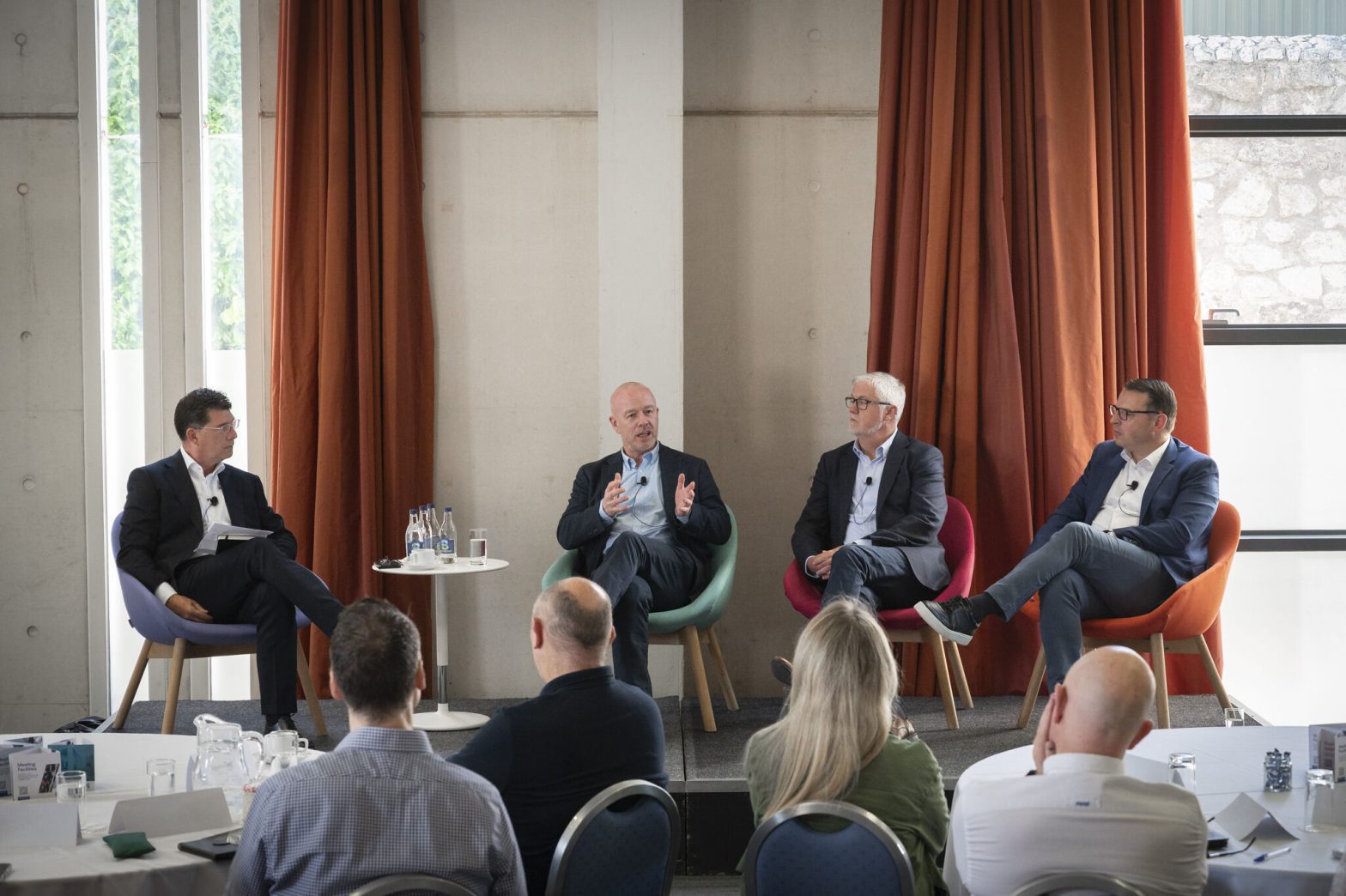Six Words of Wisdom with Rachel Botsman
By Rachel Botsman
Based on your current work – if you had only six words of advice to give a leader, what would they be?
Trust yourself to hold onto doubt.
What does this mean?
People who have the capacity to be comfortable with doubts often have a higher tolerance for ambiguity and uncertainty. To be able to hold doubt, question and not jump to conclusions is a sign of high self-trust. It’s an important trait we will see becoming more prominent in leaders over the next 10 years.
Overconfident, ego-driven leaders are not who we will trust in the future. We are undergoing a major shift that will determine the types of traits we look for in our leaders.
For generations we have been surrounded by leaders who pretend to have the answers when they don’t – they often project a ‘false certainty.’ But the Covid era has shown us glimpses of how a new generation will lead in times of uncertainty. Perhaps most notably, Jacinda Ardern – the Prime Minister of New Zealand – has been open about not knowing. Leading with doubt is about slowing down and listening; expanding your capacity to respond to the unknown.
The obsessive need for speed, control and performance can have a huge impact in driving poor decisions. Doubt is often perceived as a negative force, but once we rethink doubt as something productive rather than paralysing, we can make more informed trustworthy decisions.
Paralysing doubt pulls us backwards or downwards; productive doubt pushes us forwards. Productive doubt doesn’t ‘hold us back’ but keeps us still long enough to consider other options and choices.
Where should we look for further information?
By subscribing to my Rethink with Rachel newsletter and receive a new edition every other Monday. You can also join the Rethink Book Club to hear regularly about what I’m reading and get recommendations to help you think differently.



